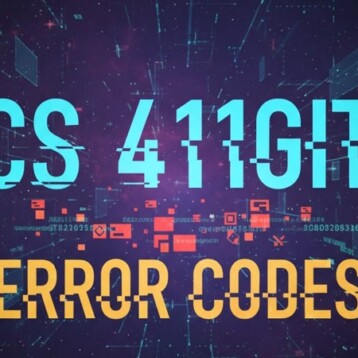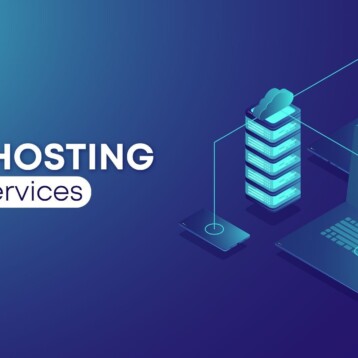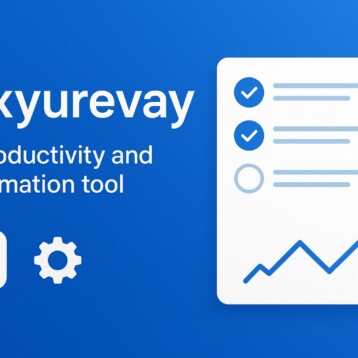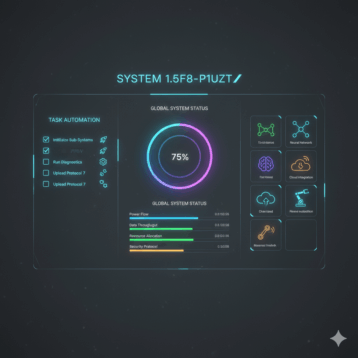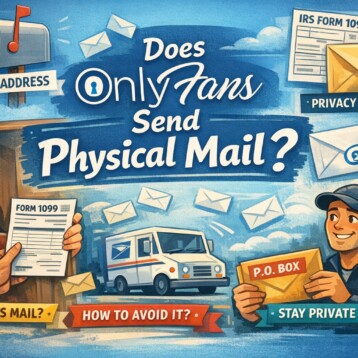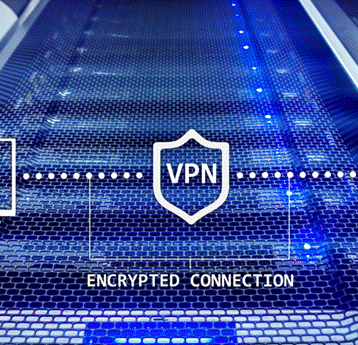
A strategic decision with a direct impact on business success is the choice between managed and unmanaged dedicated servers. Dedicated servers offer higher performance and flexibility to help you handle various tasks.
Of course, as a business owner, you should not make hasty decisions. Remember, the proper benchmark is the key to a successful choice, and in this case, it will be indicators such as individual needs, team technical knowledge, and resources.
A managed server is the perfect choice for those who don’t want to deal with technical issues. Unmanaged options offer their users complete control over the infrastructure. Is*hosting offers its customers dedicated servers of different types. You will see six different packages on the company’s website. You can check out their offers and features and choose the model that suits your needs here.
Managed Dedicated Server: Key Features and Differences
A managed dedicated server is a solution where the provider performs all administration issues. You can count on customization by the provider’s specialists, constant monitoring, timely updates, and complete security. If you want to minimize technical risks and focus all your attention on business development, then a managed server model will suit you best.
When a business requires stable server infrastructure operations and does not plan to hire separate specialists, then managed models are the best choice. They allow you to avoid downtime and save time. You can focus all your attention on solving strategic business tasks.
Managed servers have many significant advantages, and here are some of them:
- full support from the provider;
- protection from cyberattacks and other threats;
- 24/7 monitoring and troubleshooting;
- regular software updates;
- convenience and saving of time for teams.
If stability, data protection, and minimization of technical risks are important to you, managed servers are the perfect choice.
What Are Unmanaged Dedicated Servers
Unmanaged dedicated servers allow the user to have full control over the server. You configure, update, and troubleshoot the server yourself. This approach is a great solution for experienced users with sufficient experience, technical knowledge, and skills.
This server type offers maximum flexibility and the ability to customize to specific needs. Companies that work with high-load projects or non-standard configurations often choose unmanaged servers, which help them maintain complete control over the infrastructure.
Among the main advantages of unmanaged dedicated servers are the following:
- complete freedom in server configuration;
- maximum flexibility for unique solutions;
- savings on provider services;
- control over all aspects of security;
- the ability to implement individual configurations.
However, in this case, you should remember that your team is solely responsible for the server’s stability and security.
Critical Differences Between Managed and Unmanaged Servers
Choosing the right solution requires understanding the main differences. You must accurately determine which option is suitable for your case. Therefore, let’s look at the main differences between these two types of servers.
First, you will see differences in support. Managed servers provide round-the-clock backing, while unmanaged models assume you will solve all the tasks yourself.
The second point is flexibility. Unmanaged servers provide users with more customization options but require highly qualified specialists. It would be best not to forget the cost of such services. Of course, the cost of managed servers is higher. However, you will be able to reduce the costs of additional employees who will be engaged in supporting the work and maintenance of the system.
How to Choose the Right Server
You should evaluate business needs, the available budget, and the team’s level of technical expertise before making a final decision. Managed servers are ideal for companies that want to minimize risks and time spent on technical maintenance. Unmanaged options allow you to control and reduce costs entirely. However, they require more involvement.
Solutions such as dedicated servers provide stability and performance for businesses that actively work with data and workloads. That is why many companies prefer these models. The managed or unmanaged format is also individual and depends on your team’s technical capabilities.
Security and Reliability: Key Factor
One of the main aspects of dedicated servers is ensuring data security. Managed options offer built-in encryption, monitoring, and DDoS protection.
Unmanaged dedicated servers give the user full responsibility for setup and security. This may include regular updates, installing antivirus software, and creating backups. Although it requires more effort, you have full control over your security.
Conclusion
Each person makes their own decision, favoring a managed or unmanaged server. You need to analyze your needs and proceed from them in the future. Managed models provide users with convenience, increased security, and support from the support team at any time of the day. This option is an excellent choice for small and medium businesses.
Companies with the necessary resources and experience to manage the server infrastructure often prefer unmanaged servers. In any case, dedicated servers are tools that provide a robust and reliable platform for growth.

